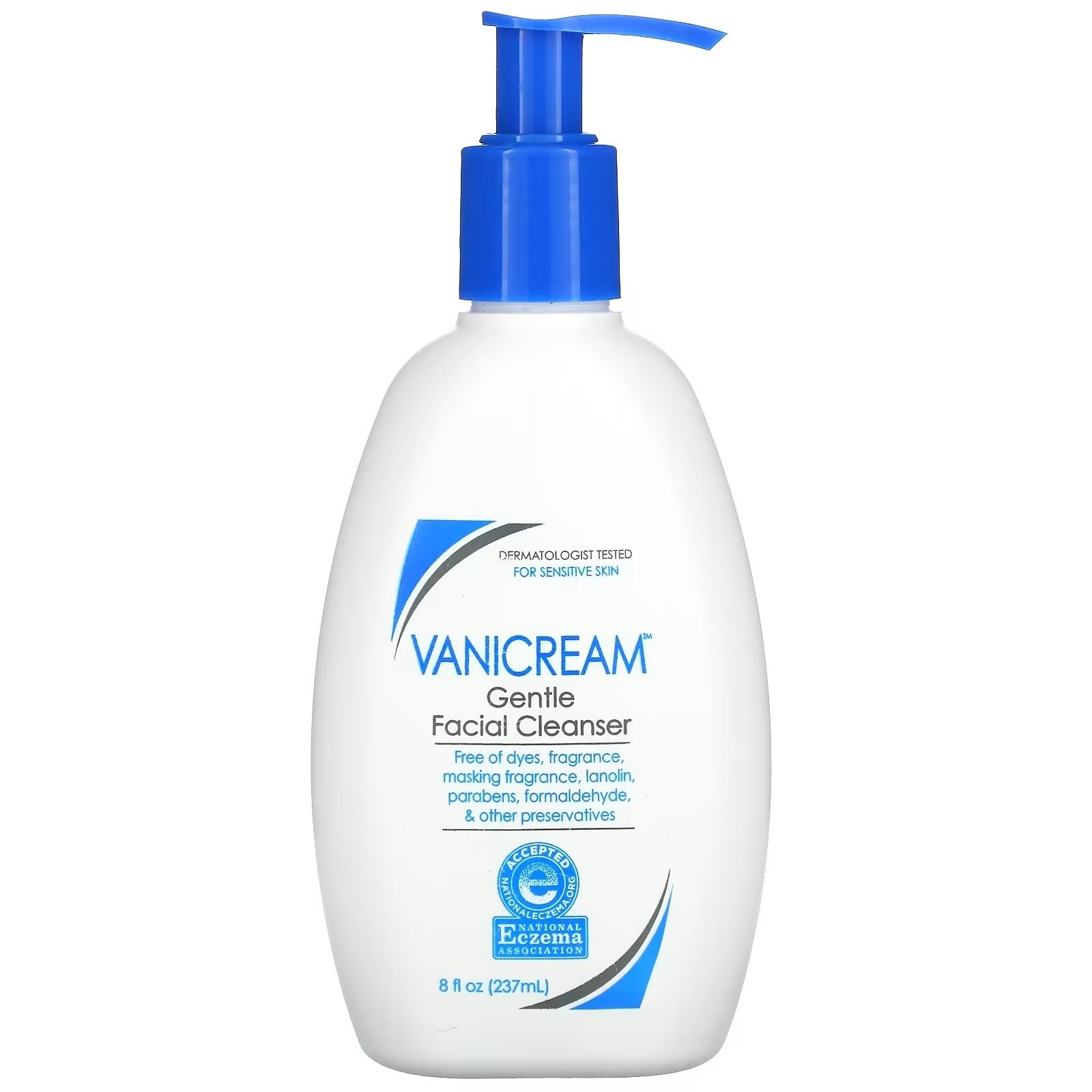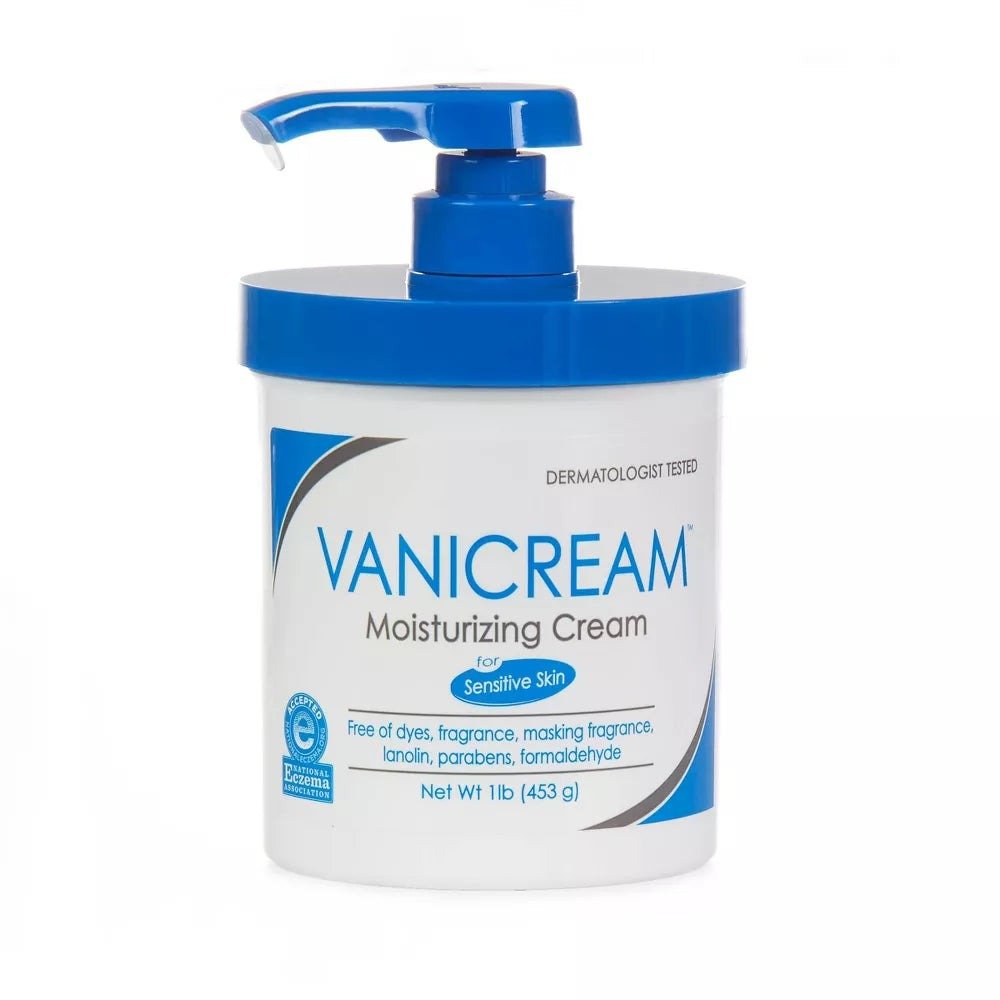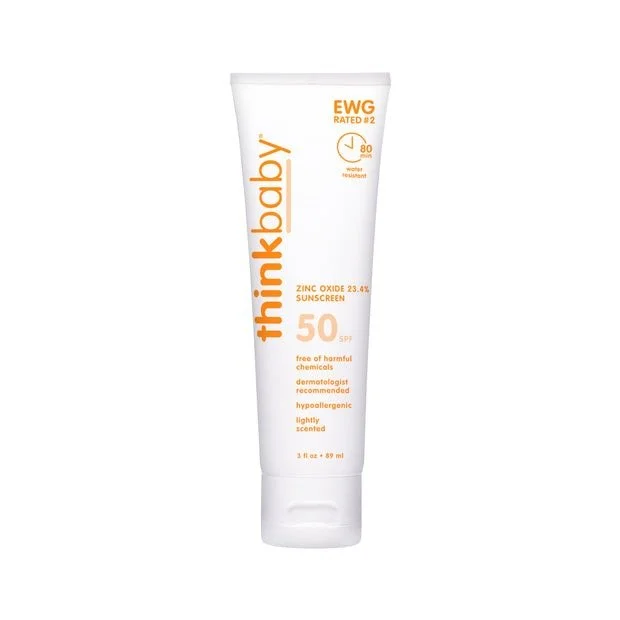5 Essential Tips for Sensitive Skin
Sensitive souls, you don't have to be afraid of trying new skincare products, nor should you go buck wild! Fear not, for we have curated a list of 5 key things to follow when building a routine for yourself. In this guide, we'll not only explore the best practices for sensitive skin, but also help you avoid common mistakes and pitfalls to look out for. Buckle up and get ready to discover a world of skincare that works for you.
How to Tell if You Have Sensitive Skin
If you're not sure whether or not your skin is sensitive, there are a few telltale signs that can help you determine this. Look out for reactions such as redness, burning, stinging, itching, tightness, and dryness after using skincare products. Additionally, pay attention to how quickly your skin reacts to environmental factors such as wind, extreme temperatures, and even stress. If you notice that your skin is easily irritated, it's likely that you have sensitive skin.
Tip 1: Start With a Basic Routine
Beginning with a basic routine is essential for sensitive skin, since it provides a solid foundation before incorporating new products. Here's a list of skin-loving products that are gentle, effective, and highly recommended for sensitive skin:
Vanicream Gentle Facial Cleanser:
This fragrance-free, paraben-free cleanser is known for providing an effective cleanse without stripping your skin of its natural oils.
La Roche Posay Cicaplast Baume B5:
This protective, soothing balm is perfect for calming irritation and promoting skin recovery.
Vanicream Moisturizing Cream:
A rich, hydrating cream that is free from common irritants like fragrance and dyes.
Thinkbaby Safe Sunscreen:
A highly-rated sunscreen that uses non-nano zinc oxide to provide powerful sun protection.
Dr. Jart+ Every Sun Day SPF 50+:
A lightweight sunscreen that supports your skin's natural moisture barrier and helps prevent sun damage.
SkinCeuticals Physical UV Defense SPF 30:
This all-mineral sunscreen protects your skin from damaging UVA and UVB rays and is specifically designed for sensitive skin.
Beauty of Joseon Relief Sun SPF50+:
A calming sunscreen with soothing Korean herbal ingredients.
Supergoop! PLAY Everyday Lotion SPF50:
A non-greasy, water-resistant sunscreen that provides broad-spectrum sun protection.
Tip 2: Patch Testing
Before adding new products to your routine, it's crucial to test their compatibility with your sensitive skin. You can do this by conducting a patch test. Apply a small amount of the product to your inner wrist or behind your ear and observe the area for any redness, itching, or discomfort during a 24-48 hour period. If your skin doesn't react negatively, you can incorporate the product into your regular routine.
Tip 3: Introduce New Products One at a Time
When adding new products to your regimen, it's better to do so one at a time. This allows your skin to gradually adjust and helps you determine if a new product is causing irritation. Start with a low concentration of active ingredients, and if your skin tolerates it well, gradually work your way up to higher concentrations.
Tip 4: Look for Skin-Friendly Claims
As you navigate the world of skincare products, search for those with labels such as "fragrance-free," "hypoallergenic," "non-comedogenic," and "dermatologically tested." Keep in mind that these claims are not always a guarantee, so make sure to read reviews and consult a dermatologist for personalized recommendations.
Tip 5: Analyze Ingredient Lists
Understanding the ingredients in your skincare products is essential for sensitive skin. Always look for non-irritating and skin-repairing ingredients like ceramides, hyaluronic acid, and colloidal oatmeal. Additionally, avoid ingredients such as alcohols, artificial fragrances, sulfates, and essential oils.
Seasonal Skincare Tips for Sensitive Skin
Seasonal changes can have a profound impact on the health of sensitive skin. To ensure year-round comfort and resilience, it's essential to adapt your skincare routine to the varying weather conditions. Here are some tailored tips for each season:
Spring:
As temperatures rise, switch to a lighter moisturizer to prevent excess oil buildup. Consider incorporating products with soothing ingredients like aloe vera to combat potential irritations from increased pollen.
Summer:
Focus on sun protection with a broad-spectrum SPF, preferably in a lightweight, non-comedogenic formulation. Hydrate the skin with a water-based moisturizer to maintain balance without clogging pores.
Fall:
Transition to richer moisturizers to combat the drier air. Introduce products containing antioxidants to shield the skin from environmental stressors. Consider incorporating a gentle exfoliant to address any residual sun damage from the summer.
Winter:
Hydration is key during colder months. Opt for a heavier, hydrating moisturizer to prevent dryness and flakiness. Use a humidifier indoors to combat central heating-induced dryness. Don't forget to continue using sunscreen, as winter sun can still cause damage.
By adjusting your skincare routine according to seasonal needs, you can proactively address potential challenges and promote year-round skin health.
Environmental Factors and Sensitive Skin: How to Protect Your Skin
Environmental factors such as pollution, wind, and extreme temperatures can adversely affect sensitive skin. Understanding how to protect your skin against these influences is crucial. Here are practical strategies:
Pollution:
Use antioxidant-rich skincare products to combat free radicals caused by pollution. Consider applying a protective barrier, like a physical sunscreen or antioxidant serum, before stepping out.
Wind:
Shield your face with a scarf or a hat to minimize direct exposure to harsh winds. Moisturize thoroughly to prevent wind-induced dryness and irritation.
Extreme Temperatures:
In hot weather, seek shade and wear breathable clothing to minimize heat-related skin issues. In cold weather, layer clothing to stay warm and maintain skin hydration by using a rich, protective moisturizer.
Understanding and implementing these protective measures will help maintain the resilience of sensitive skin against external factors.
Day and Night Skincare Routines for Sensitive Skin
Establishing a consistent skincare routine is vital for sensitive skin. Here are tailored day and night routines:
Daytime Routine:
Gentle Cleanser
Hydrating Toner
Lightweight, Non-comedogenic Moisturizer
Broad-Spectrum SPF
Nighttime Routine:
Cleansing Balm or Oil (to remove makeup and impurities)
Hydrating Cleanser
Calming Toner
Hydrating Serum
Rich, Nourishing Night Cream
Consistency with these routines ensures that sensitive skin receives the necessary care and protection throughout the day and night.
Gentle Exfoliation Techniques for Sensitive Skin
Exfoliation is beneficial for achieving smoother skin but must be approached with caution for sensitive skin. Here are gentle exfoliation techniques:
1. Enzyme Exfoliation:
Use products containing natural enzymes like papaya or pineapple to dissolve dead skin cells without physical abrasion.
2. Chemical Exfoliation with Mild Acids:
Opt for products containing gentle acids like lactic or mandelic acid. Start with lower concentrations and gradually increase as your skin builds tolerance.
3. Exfoliating Cleansers:
Choose cleansers with mild exfoliating ingredients to provide a daily, gentle exfoliation.
Incorporating these techniques into your routine allows sensitive skin to experience the benefits of exfoliation without causing irritation or inflammation.
But More Importantly is the go-to source for shoppers looking for expert advice on the best beauty to buy. Our team of experts scour the internet to bring you top-rated and thoroughly researched items, ranging from sunscreen to sensitive skincare. We make sure we're always providing our readers with up-to-date information so they can make the best purchasing decisions. Plus, we keep our links current so you don't miss out on any deals or discounts! Start browsing today and get access to the top products for your needs.






















